The graphs of y - p (x) are given in Fig. below, for some polynomials p(x). Find the number of zeroes of p (x), in each case.
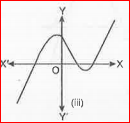 .Solution in Punjabi
.Solution in Punjabi
Step by step video & image solution for The graphs of y - p (x) are given in Fig. below, for some polynomials p(x). Find the number of zeroes of p (x), in each case. . by Maths experts to help you in doubts & scoring excellent marks in Class 10 exams.
Updated on:21/07/2023Topper's Solved these Questions
Similar Questions
The graphs of y = p (x) are given in figure below, for some polynomials p (x). Find the number of zeroes of p (x), in each case.
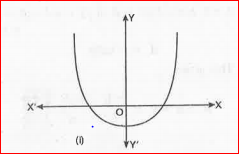 .
.
View Solution4 chairs and 3 tables cost ? 2100 and 5 chairs and 2 tables cost ? 1750. Represent this situation algebraically and graphically.
View SolutionIf a die is thrown, what is the probability that an 'ace' turns up ?
View SolutionMatch the following Column A to Column B
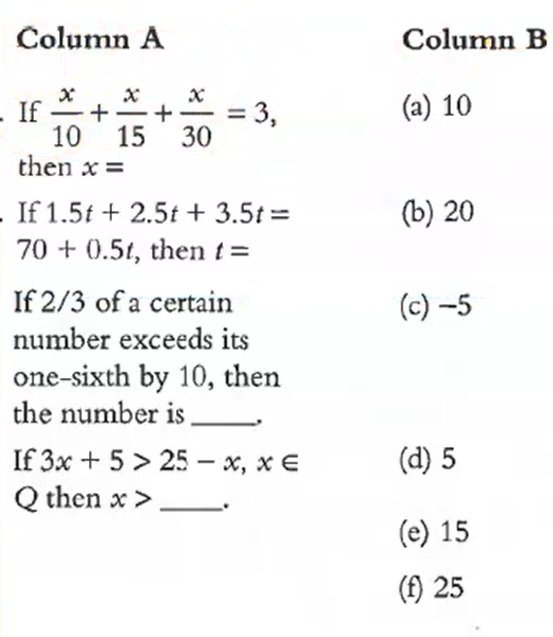
View SolutionThe inequation represented by the graph given below is :
View SolutionThe inequation that best describes the graph given below is _________
View SolutionThe inequation that best describes the following graph is _________
View SolutionIn Fig, find the value of x.
ltimg src="https://d10lpgp6xz60nq.cloudfront.net/physics_images/PS_MATH_IX_C12_S01_032_Q01.png" width="80%"gt
View SolutionThe graphs of y=p(x) are given Fig. 2.10 below, for some polynomials p(x). Find the number of zeroes of p(x), in each case.
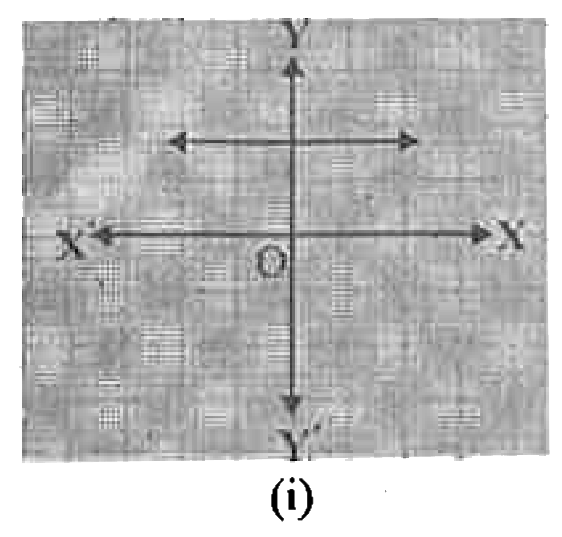
View SolutionThe graphs of y=p(x) are given Fig. 2.10 below, for some polynomials p(x). Find the number of zeroes of p(x), in each case.
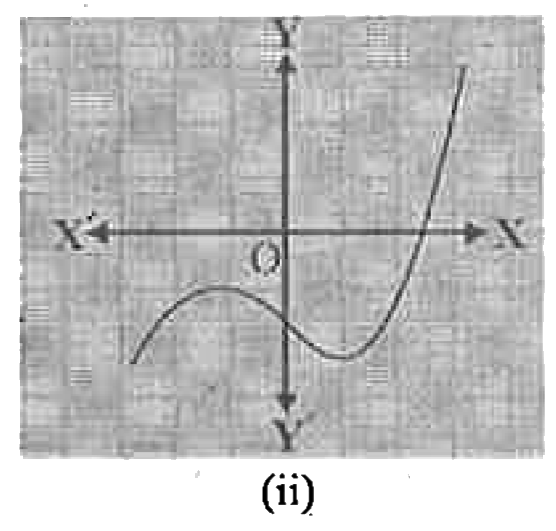
View SolutionThe graphs of y=p(x) are given Fig. 2.10 below, for some polynomials p(x). Find the number of zeroes of p(x), in each case.
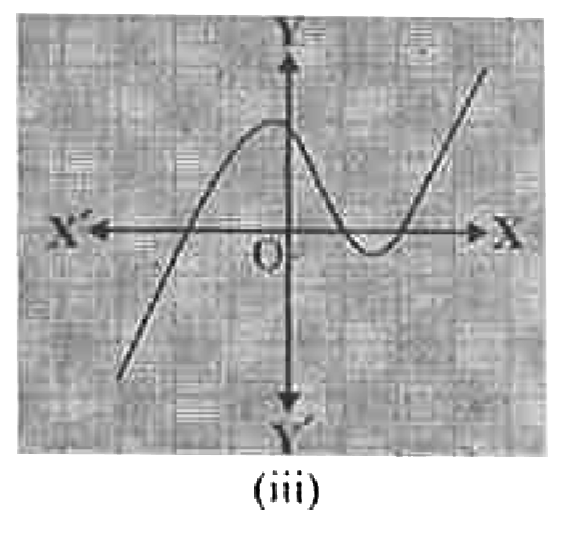
View SolutionThe graphs of y=p(x) are given Fig. 2.10 below, for some polynomials p(x). Find the number of zeroes of p(x), in each case.
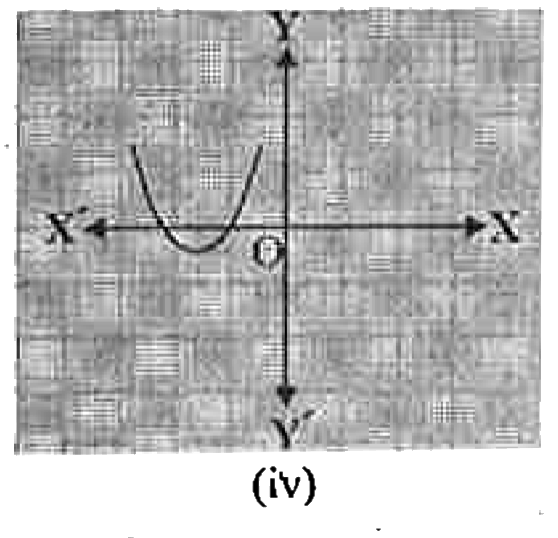
View SolutionThe graphs of y=p(x) are given Fig. 2.10 below, for some polynomials p(x). Find the number of zeroes of p(x), in each case.
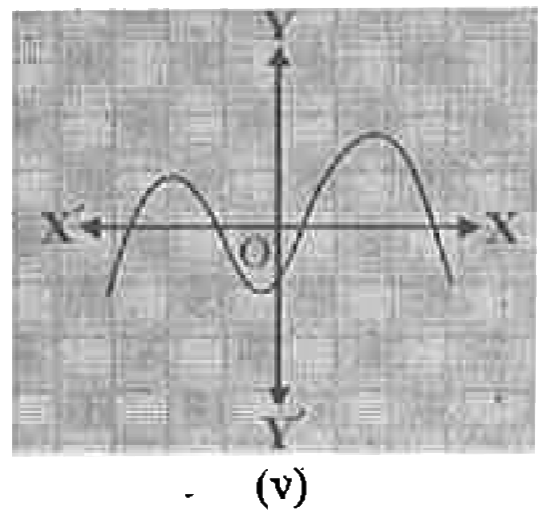
View SolutionThe graphs of y=p(x) are given Fig. 2.10 below, for some polynomials p(x). Find the number of zeroes of p(x), in each case.
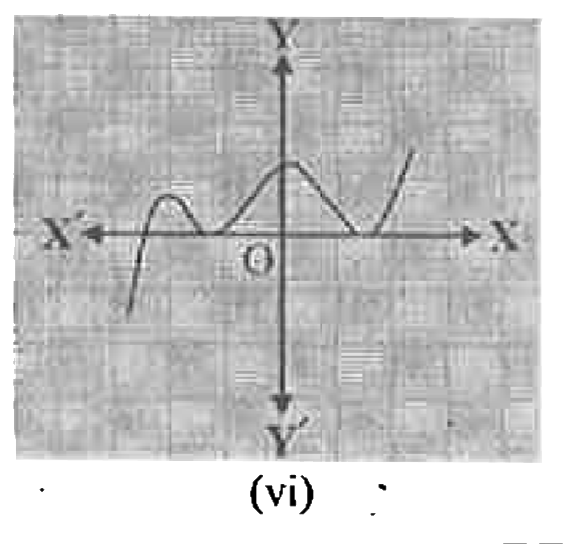
View SolutionIn the given fig. If DE||BC Find EC.
ltimg src="https://d10lpgp6xz60nq.cloudfront.net/physics_images/MATH_241_X_SQP_E01_021_Q01.png" width="80%"gt
View Solution
